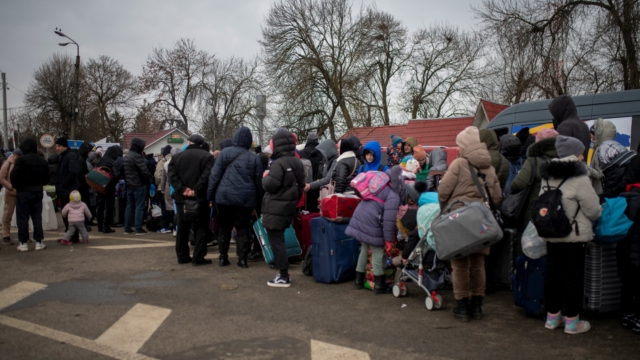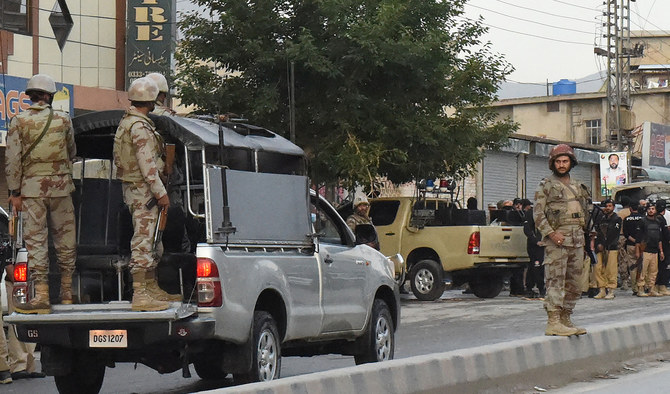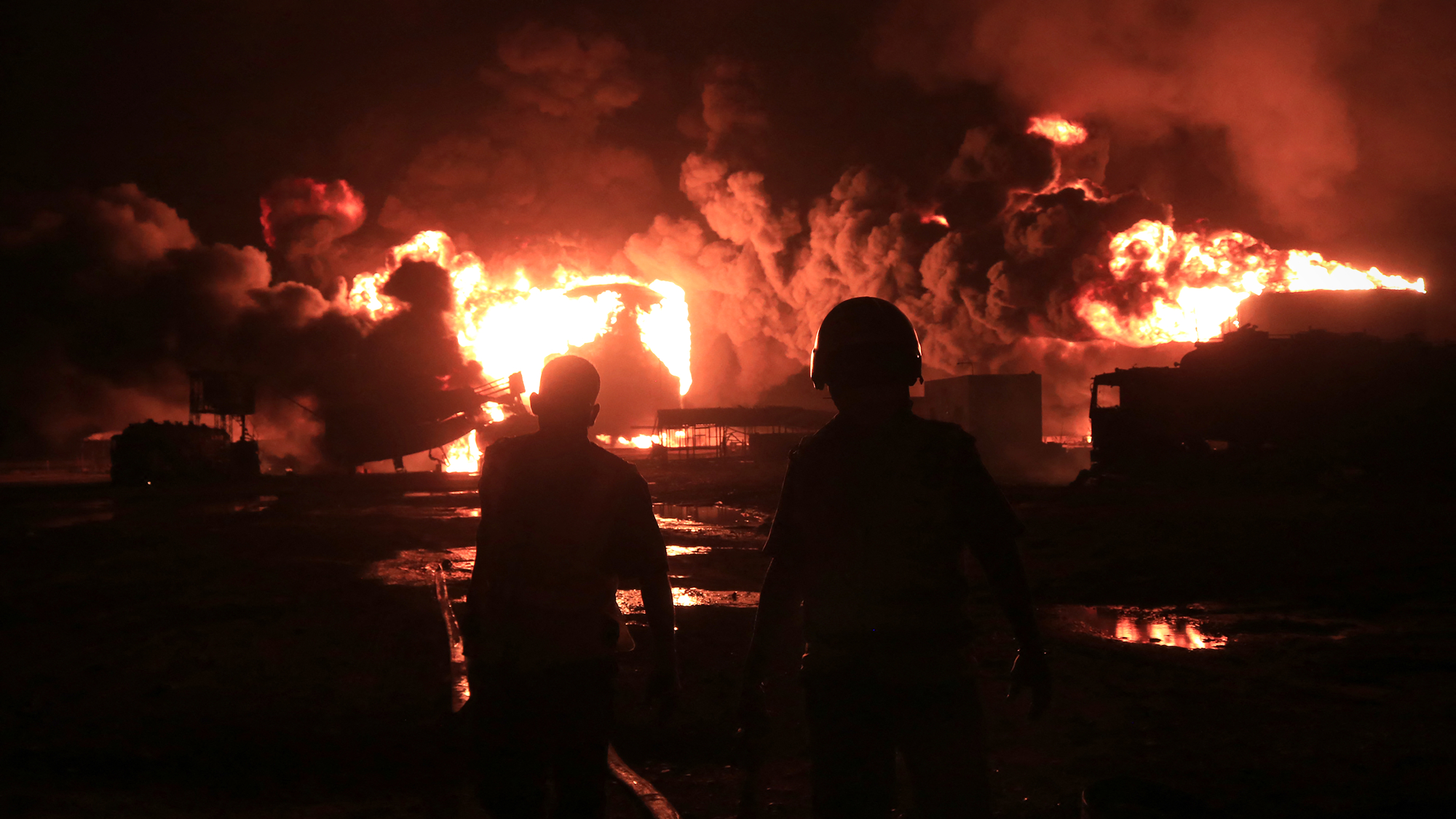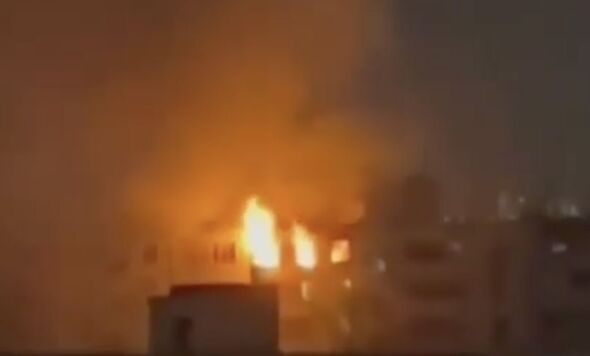100 civilians leave Mariupol plant as evacuation begins
Mon 02 May 2022, 10:46:28

Kyiv: The evacuation of the besieged Azovstal steel plant in the port city of Mariupol has started, with an initial group of 100 civilians en route to Ukrainian-held territory, President Volodymyr Zelensky said Sunday.
“Evacuation of civilians from Azovstal began. The 1st group of about 100 people is already heading to the controlled area. Tomorrow we’ll meet them in Zaporizhzhia,” he tweeted, referring to a city 220 kilometers (130 miles) to the northwest.
“Now they, together with #UN, are working on the evacuation of other civilians from the plant,” he said.
Earlier on Sunday, the United Nations had confirmed that a “safe passage operation is ongoing” at Azovstal which was being coordinated by the ICRC (International Committee of the Red Cross) and Russian and Ukrainian forces.
Separately, Russian media confirmed that 40 civilians had left the Azovstal steel plant and were being taken to Russian-held territories in the east.
The TASS agency said 18 men, 14 women and eight children were taken to Bezimenne, a village halfway between Mariupol and the Russian border.
In a posting on Telegram, Andriy
Yermak, head of Zelensky’s office said it was “only the first stage.”
Yermak, head of Zelensky’s office said it was “only the first stage.”
“The evacuation of civilians from the city of Mariupol, in particular from the Azovstal metallurgical plant, began today,” he wrote, saying the move involved “more than 100 women, children and the elderly.”
“It was a difficult operation and there is still a lot of work ahead, but nothing will stop us.”
The vast Azovstal iron and steelworks is the last hold-out of Ukrainian forces in Mariupol after a weeks-long onslaught by the Russian military.
Mariupol is an important strategic hub connecting the Russian-held southern and eastern parts of Ukraine.
Several hundred Ukrainian soldiers and civilians are sheltering in the maze of Soviet-era underground tunnels underneath the steelworks, many of whom require medical attention.
Their fate has drawn worldwide condemnation.
Stretching over 11 square kilometers (4.2 square miles), the Azovstal complex is a sprawling warren of rail lines, warehouses, coal furnaces, factories, chimneys and tunnels seen as ideal for guerrilla warfare.
No Comments For This Post, Be first to write a Comment.
Most viewed from International
Most viewed from World
AIMIM News
Latest Urdu News
Most Viewed
May 26, 2020
Which Cricket team will win the IPL 2025 trophy?
Latest Videos View All
Like Us
Home
About Us
Advertise With Us
All Polls
Epaper Archives
Privacy Policy
Contact Us
Download Etemaad App
© 2025 Etemaad Daily News, All Rights Reserved.





































.jpg)




